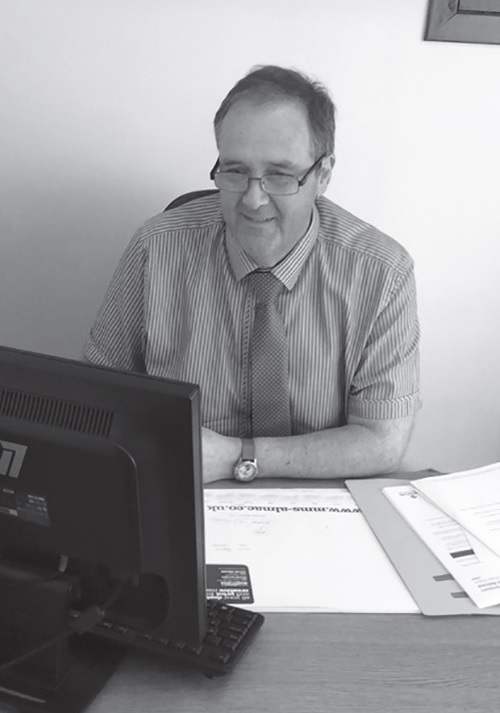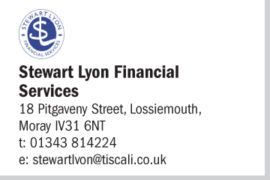During lockdown, it was easy to set a financial goal – saving up for that dream cruise somewhere hot and sunny when it was finally all over. Or if you’ve just seen your neighbour’s smart new campervan, you might decide that that buying your own dream holiday home on wheels and driving off into the sunset is your ultimate goal. Or maybe you have your heart set on a shiny new car, tempted by the finance deals on offer at your local car showroom.
But these lockdown dreams may divert you from what’s most important for your long-term happiness and well-being.
In the long-term, your goals should be to have as good a lifestyle for the whole of your life as your earnings can sustain. Unfortunately, this is often in conflict with the achievement of short-term goals. It is up to you to decide what’s more important.
Buying a house
Four out of five Britons would prefer to own their home rather than rent and as such, there are millions of people across the country whose main financial goal is owning their own house.
With interest rates at a historical low and 5% deposits available again, buying a house is still more financially attractive than renting. However, first-time buyers are still having to dig deep to get onto the property ladder, with the average house price paid by a first time buyer in Scotland now around £134,000* and, in our experience, properties going for at least 5%over valuation.
However, if, instead of upgrading your car, you set aside a sum every month to save up for your deposit by setting up a direct debit, your money should quietly build up and provide a handy sum when you need it. And when you have reached your deposit goal, a good independent mortgage broker will help you find the best mortgage deals available on the market, not just from a single provider. It is up to you to decide what’s more important.
* HM Land Registry March 2021
Providing for your family
Once you have a family, you’ll find that the financial goalposts move. Not only is there an extra strain on your spending, but there are also additional responsibilities.
You should aim to build up an emergency fund of at least three months’ essential outgoings to act as a safety net to help you through tough times. If you don’t have an instant-access account already, open one and use a regular direct debit to build up a “just-in-case” fund for when you need it.
If your children, partner or other relatives depend on your income to pay the mortgage, rent or other living expenses, you should also think about life or critical illness insurance, which will pay out a lump sum or regular payments to your family if you die. The cost of this cover per month could be less than the cost of a take-away – it’s up to you to decide what’s more important!
Retirement
Your number one long-term goal should be retirement, because, no matter what your age, you should be thinking about and planning for your later years, whether it’s retiring early, buying the dream holiday home or simply having enough money to enjoy not working.
Starting early is key to building up a good pension pot, so it’s crucial to stay opted in to your workplace pension. A small additional contribution could radically improve your quality of life in retirement – why not spring clean your subscriptions to online streaming sites and top up your pension with the money saved? It’s up to you to decide what’s more important!
Don’t worry that you’ve missed the boat – it’s never too late to start investing in a pension.
Tax relief on contributions plus the tax-free lump sum available at retirement, together with the income flexibility of more modern contracts, make pensions both tax-efficient and flexible. And as a result of changes in pensions legislation, it may well be more beneficial to contribute to a pension after age 55 than to an ISA or other savings product.
Above all, don’t fall into the trap of believing that, because something seems far away, you can ignore it. As I’m sure we’re all too well aware, life has a habit of speeding past when you are not paying attention and before you know it, your long-term plans will have morphed into your short-term plans. It’s up to you to decide what’s more important!
If all this seems like too much hard work, take the easy way out and make an appointment with an independent financial adviser, who will guide you through the financial maze, from buying your first house to planning for retirement and beyond.
Seek professional advice from your local Independent Financial Adviser.
Click to visit their website:
Next month’s topic is on Life Planning/Goals






